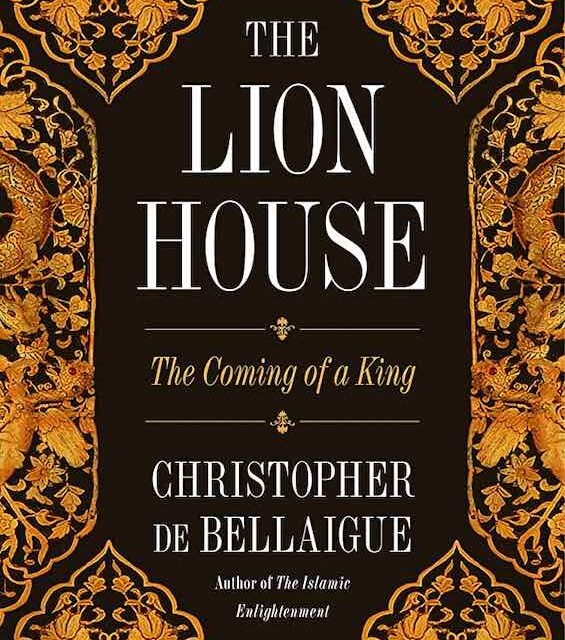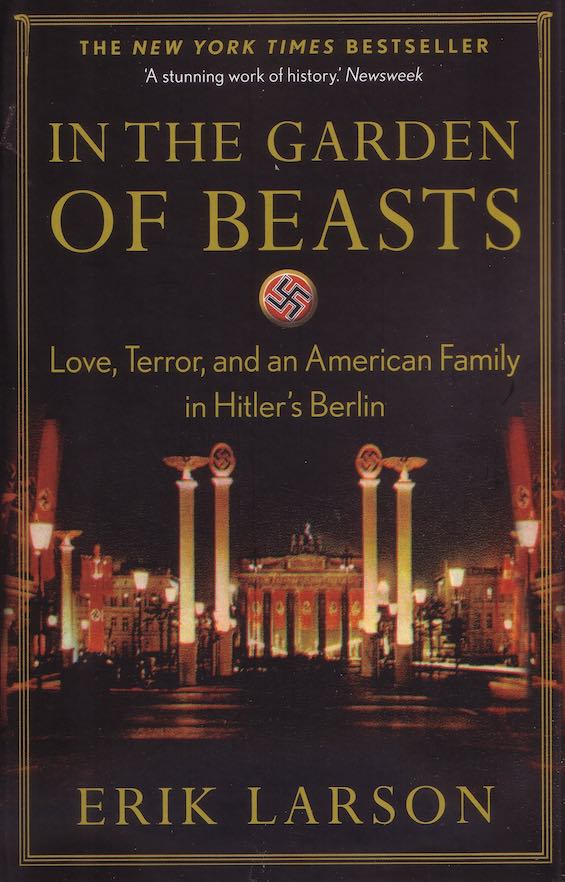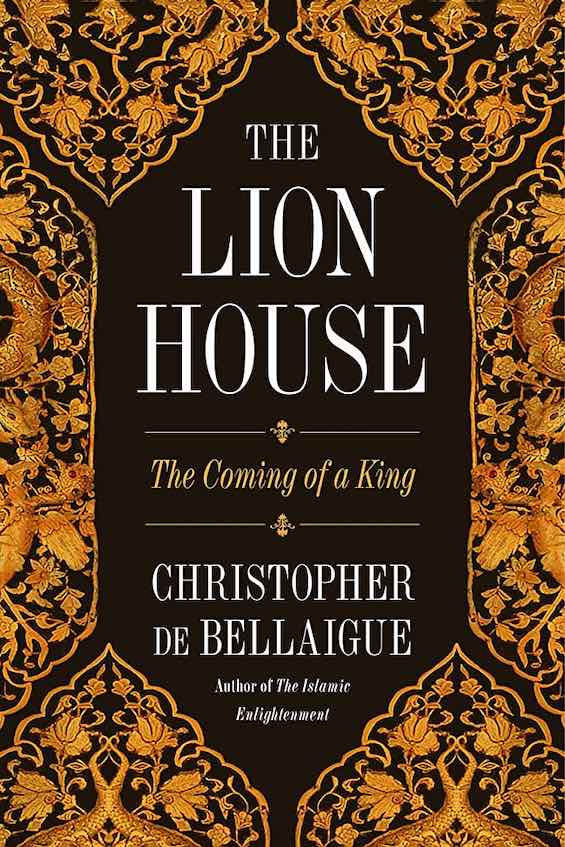
Rome’s death throes sputtered out not in the fifth century, as is widely believed, but in 1453 when Constantinople fell to the Ottoman Sultan, Mehmet II, “the Conqueror.” He then renamed the capital of the Eastern Roman Empire Istanbul. Yet the Ottoman Empire—eventually Rome’s rival in its vastness—did not reach its full extent until the reign of the Conqueror’s great-grandson, Suleyman “the Magnificent.” The Lion House is the story of Suleyman’s rise to greatness laid out in glorious prose. It’s the first of a planned trilogy by author Christopher de Bellaigue about the man celebrated as the longest-reigning and most influential leader of Islam after Muhammad.
Estimated reading time: 6 minutes
Suleyman was, in a word, magnificent
Even wonder why some ancient ruler would be remembered through the centuries with a label attached to his name? I do. Of course, some of these labels are self-explanatory. Pepin the Short or Louis the Fat, for example. Or Vlad the Impaler, for that matter. But what about Suleyman the Magnificent, to return to the subject at hand?
In Suleyman’s case, it turns out, the laudatory label was richly deserved. Historians remember the Ottoman Empire’s tenth sultan for far more than the territorial gains he achieved, which were considerable. Because to his subjects he was known as Suleyman the Lawgiver. Like Napoleon three centuries later, he codified the laws of his empire into a single legal code that endured for more than three hundred years.
Under Suleyman’s leadership, the Ottoman Empire entered the golden age of its cultural development. He built schools, hospitals, libraries, baths, and soup kitchens for his subjects. And he protected the many Jews living in the empire, formally denouncing blood libels against them. He was, after all, the leader of Islam, and he turned for guidance to the scholarly doctors who studied the scriptures. But the decisions were his own. And Islamic society flourished as never before during his forty-five-year reign.
The Lion House: The Coming of a King by Christopher de Bellaigue (2022) 323 pages ★★★★★
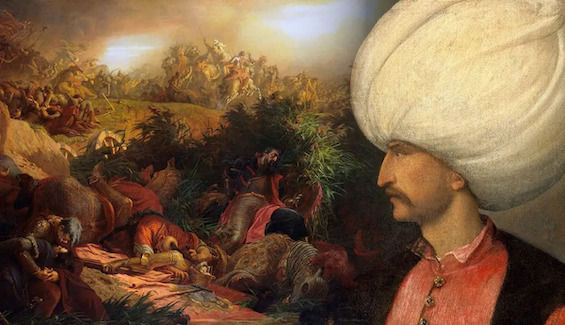
The principal characters
Half a dozen fascinating men dominate this brawling tale of love, war, and conquest. Each comes to life in the pages of The Lion House through de Bellague’s colorful prose.
- Sultan Suleyman I “the Magnificent” (1494-1566), supreme leader of the Ottoman Empire
- Ibrahim Pasha “the Frank” (1495-1536), Albanian convert to Islam from Christianity when enslaved, close “friend” of the Sultan and Grand Vizier of the Ottoman Empire, long #2 to Suleyman
- Alvise Gritti “the Beyoglu” or “Son of a Bey” (1480-1534), son of the Doge of Venice and the wealthiest and most powerful merchant of Istanbul, viewed as #3 in the Empire to the Sultan and Ibrahim Pasha
- Charles V, Holy Roman Emperor (1500-1558), King of Spain, scion of the Hapsburg Dynasty, who ruled an empire encompassing most of the Americas and the Philippines as well as half of Europe
- Ferdinand I (1503-1564), Archduke of Austria, Charles’ younger brother
- Hayreddin Barbarossa (c. 1466/1483-1546), “King of Algiers,” red-bearded Muslim pirate turned Admiral of the Ottoman Navy
Suleyman’s singular strategic aim
Suleyman’s principal strategic objective through four decades in office was to invade and conquer Christian Europe. In this aim, he was merely acting on the expressed policy of his forebears as Ottoman Sultan. He began with the legacy they’d left him with a beachhead in the Balkans, controlling much of its southernmost territory. Against him, Christendom was “divided and prone.” Moving from his Balkan base, he sent huge armies northwestward through Hungary and as far as the gates of Vienna. And every time he was frustrated, thwarted by the Hapsburg capital’s powerful defenses, the combined effects of rampant illness and the winter cold, or the treachery of his lieutenants.
Europeans feared Suleyman, as they feared rule by the “heathen” Muslims, and he was after all the leader of Islam. At one time or another, many European states entered into coalitions to hold him off. But for decades one man stood above all the others as Suleyman’s nemesis: the Holy Roman Emperor, Charles V. Suleyman possessed a single ally in Europe: his trading partner, the city-state of Venice. But Venice was forever vulnerable to pressure from Charles and the French king and was, at best, an indifferent ally. From a distance of five hundred years, it seems as though the sultan was destined to fail.
A quirky variety of democracy
One of the most fascinating passages in The Lion House is de Bellaigue’s description of the process by which Venice chose its Doge, and I can’t resist quoting it here:
“First the Great Council, all twenty-five hundred of them, must be brought down by lottery to thirty. The thirty then draw lots to reduce their number to nine, who elect forty. Another lottery sifts the forty to twelve who elect the next group of twenty-five, who are in turn reduced to nine. The nine elect forty-five who draw lots to determine the eleven who will elect the forty-one. The forty-one elect the Doge.”
Somehow, this cockamamie method seems to have succeeded in advancing men of ability more often than not.
About the author
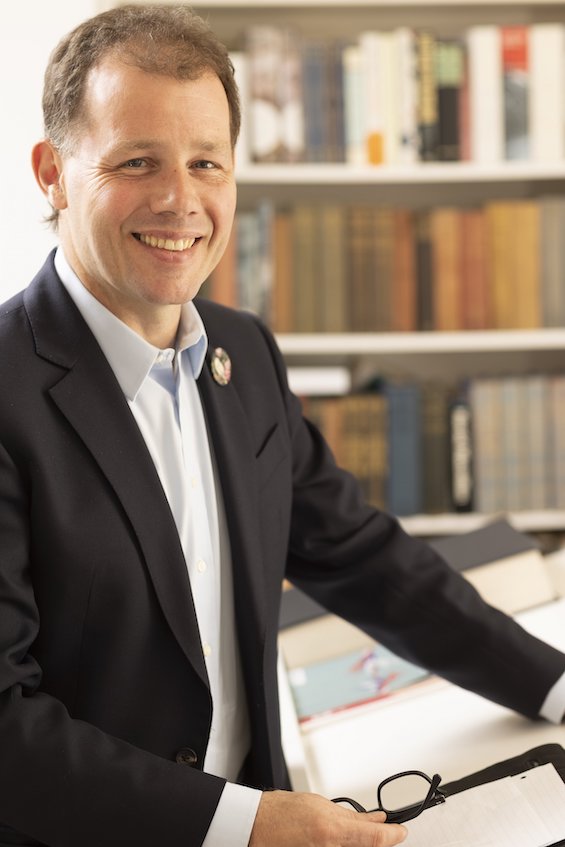
Christopher de Bellaigue‘s website introduces him as an “Author, historian, international journalist and commentator,” writing as follows:
“Christopher writes books and articles and makes radio and TV programmes. A lecturer, moderator and journalist who has reported from four continents, he has addressed subjects as diverse as loneliness and the environment, colonial legacies and religious radicalisation.
“Building on the success of The Lion House, his history of the rise of Suleyman the Magnificent, Christopher is currently writing the second part of a projected trilogy on the great Ottoman Sultan, while in April 2023 Columbia Global Reports will publish Flying Green, his book about the decarbonisation of aviation, a subject that combines his interest in climate science, technology and ethics. Uniting these varied threads is his role as a conciliator: between the past and the present, between adversaries, cultures and ideas.
“Christopher de Bellaigue is a regular contributor to some of the world’s most trusted media outlets, has held fellowships at Oxford and Harvard and has lectured in boardrooms and universities around the world.”
Wikipedia adds that he “has worked on the Middle East and South Asia since 1994. His work mostly chronicles developments in Iran and Turkey.” He was born in London in 1971 and educated at Eton College and the University of Cambridge, where he earned both a BA and an MA in Oriental Studies. He lives in London with his wife, an Iranian architect, and two children. The Lion House is his seventh book.
For related reading
You’ll find other great books on related topics on the following posts:
- Great biographies I’ve reviewed: my 10 favorites
- 20 top nonfiction books about history
- Good books about the Middle Ages
- 20 most enlightening historical novels
And you can always find my most popular reviews, and the most recent ones, on the Home Page.

